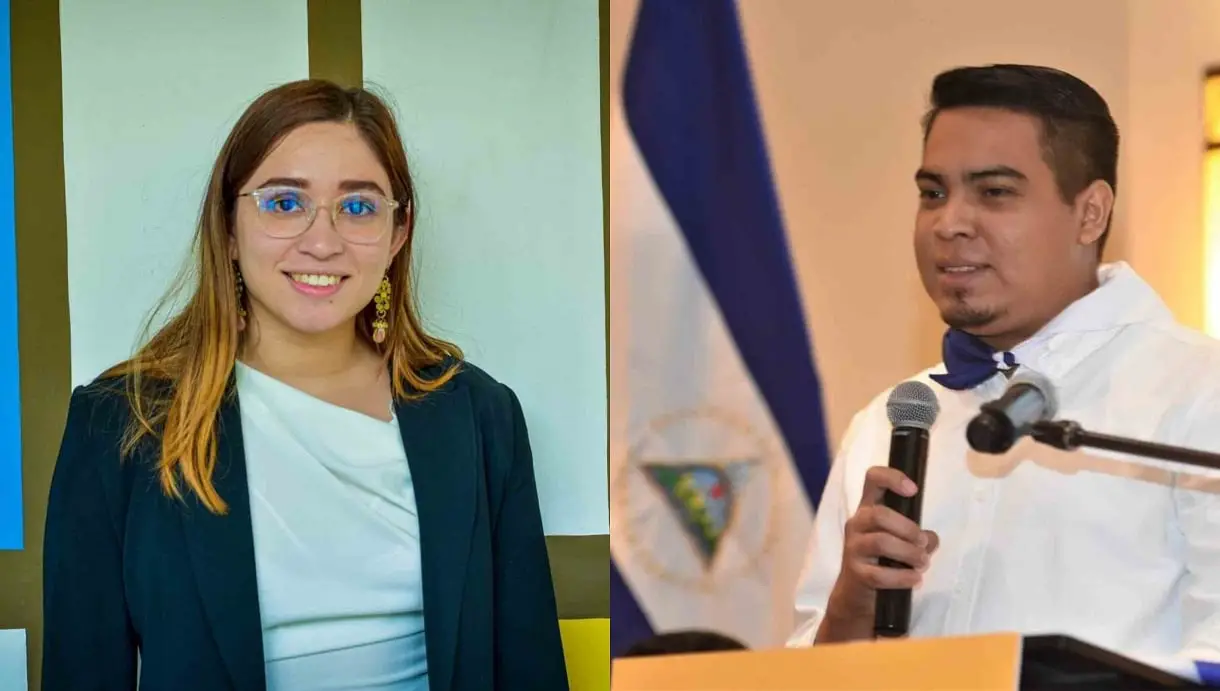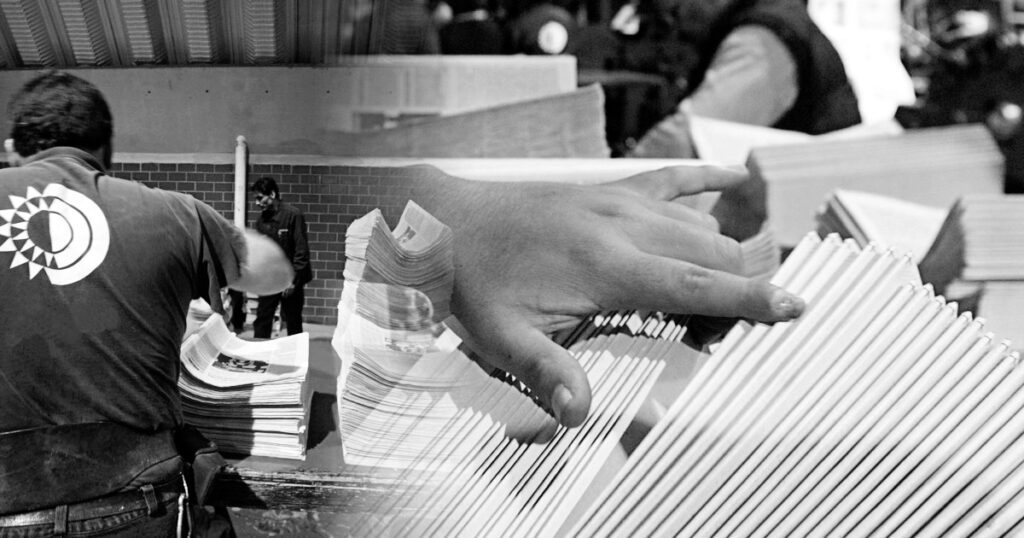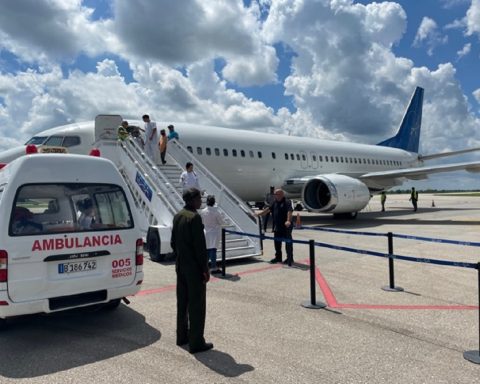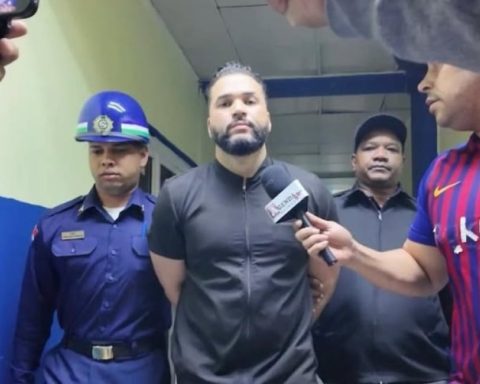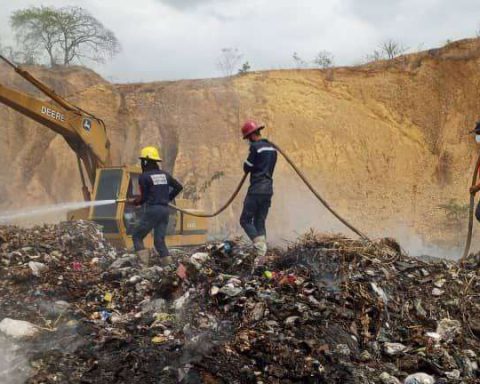Three young Nicaraguan opponents were sentenced this Monday to between eight and ten years in prison, after being found guilty of the alleged crimes of conspiracy to undermine national integrity and propagation of false news to the detriment of the State of Nicaragua and society.
“The Ortega judge Félix Salmerón sentenced Miguel Flores, another young man whose name we are asked to omit, and Mildred Rayo, members of AUN (Nicaragua University Alliance), to eighteen years in prison, respectively (not including the anonymous) ”, reported the non-governmental Nicaraguan Center for Human Rights (Cenidh), in a statement.
The three young men had been found guilty in a closed-door trial held on the 26th at the Managua Judicial Complex, in a process that the AUN described as “arbitrary setup against their freedom.”
The organization also denounced that, during the trial against the youths, “their relatives were not allowed to enter the hearing.”
Rayo and Flores join Lesther Alemán and Max Jerez, both AUN leaders arrested in 2021, as part of a wave of captures by the Government against various country leaders in a context of national elections, in which Daniel Ortega guaranteed himself power for a new period with its main competitors in prison.
German and Jerez They were also convicted of the same crimes for which Rayo and Flores were tried. Both student leaders remain in the Judicial Assistance Directorate (DAJ), El Chipote, isolated, without the right to regular visits and without access to specialized medical care.
Arrested by the Army
Flowers and Lightning were captured by the military on November 1together with the other young man, when they were driving near the Sapoá river, in the municipality of Cárdenas, department of Rivas, on the border with Costa Rica, and were heading towards Managua, according to AUN’s public complaint.
The young university students were detained for a search by soldiers of the Nicaraguan Army and later “were transferred to a military base in Managua,” according to AUN, which is part of the Civic Alliance for Justice and Democracy, which was the counterpart of the Government chaired by Daniel Ortega at a negotiating table with which a way out of the crisis that the country has been experiencing since April 2018 was sought.
Data endorsed by the Inter-American Commission on Human Rights (IACHR) indicate that there are at least 255 political prisoners in Nicaragua, including opposition leaders, students, peasants, businessmen, human rights defenders, feminists, journalists, religious leaders, and others.
The arrests of opponents began after April 2018, when a popular revolt broke out over controversial social security reforms that later turned into a demand for the president’s resignation, because he responded with force.
